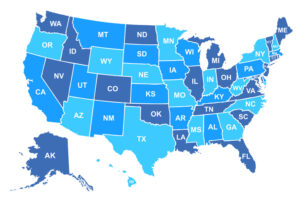Coverage of Preventive Services Without Cost Sharing in Jeopardy as Texas Court Strikes Down ACA Protection

At the end of March, a federal judge in Texas partially invalidated one of the ACA’s most popular provisions—the requirement to cover a set of preventive services without cost sharing. In a recent post for the Commonwealth Fund’s To the Point blog, CHIR experts break down the recent decision and how it will impact access to care.








